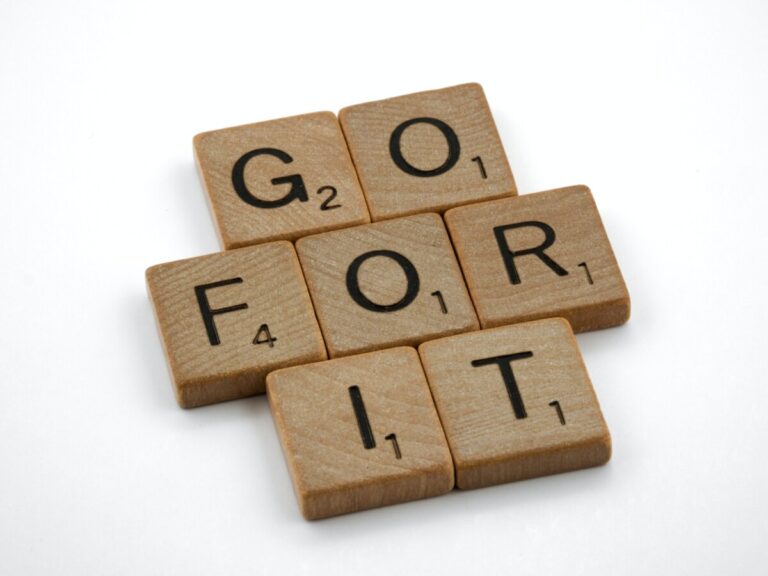Leaving the nest and venturing into adulthood can be both exciting and daunting. Suddenly, many responsibilities fall on your shoulders—managing finances, maintaining a healthy lifestyle, navigating professional settings, and more. While there may not be a formal “adulting” curriculum, mastering some essential life skills paves the way for a more confident and fulfilling experience.
Financial Fitness: Budgeting, Saving, and Managing Debt
Financial literacy is arguably the most crucial adulting life skills. Learning to manage your finances effectively allows you to achieve financial independence and build a secure future. Here’s how to get started:
- Budgeting: Create a realistic budget that tracks your income and expenses. Various budgeting apps and tools are available to assist you.
- Prioritize Needs vs. Wants: Differentiate between essential needs like rent and groceries and discretionary expenses like entertainment. Allocate resources efficiently, prioritizing needs first.
- Embrace the Power of Saving: Developing a consistent savings habit is critical to financial security. Start with small, achievable goals and progressively boost your savings over time.
- Debt Management: If you carry debt, create a repayment plan prioritizing high-interest debts and outlining a realistic timeline for debt-free.
Mastering the Kitchen: Cooking Nutritious and Budget-Friendly Meals
The ability to cook healthy meals is a valuable skill that contributes to your wellbeing and saves money in the long run. Don’t worry. You don’t need to be a culinary master! Here are some tips:
- Start with Simple Recipes: Numerous online resources and cookbooks offer simple, delicious recipes for beginners. Gradually expand your repertoire as your confidence grows.
- Planning and Meal Prepping: Plan your weekly meals, create a grocery list, and consider prepping some meals in advance. This will save time and prevent unhealthy impulse decisions.
- Embrace Healthy Alternatives: Learn how to incorporate healthy ingredients into your meals. Explore alternatives like whole grains, lean proteins, and fresh fruits and vegetables.
- Safety in the Kitchen: Familiarize yourself with basic kitchen safety practices. This includes proper food hygiene, handling sharp objects, and preventing fire hazards.
Also Read: The Power of Hydration: How Water Impacts Your Health
Adulting 101: Home Maintenance – Basic Repairs and Upkeep
Minor household repairs and general upkeep are inevitable. Learning to tackle some basic tasks yourself can save you time and money.
- DIY (Do-It-Yourself) Projects: The internet offers many resources for DIY projects. Start with easy tasks like changing air filters, unclogging drains, or fixing leaky faucets.
- Preventative Maintenance: Regular maintenance can reduce costly repairs. This can include cleaning appliances, inspecting air filters, and checking for leaks.
- Knowing When to Call a Professional: Be realistic about your skillset. Calling a professional for complex repairs or electrical work is always safer and more efficient.
Adulting 101: The Importance of Time Management
Time management is an essential life skills that translates across all aspects of life. Here are some tips to master your time:
- Prioritization: Learn to prioritize tasks. Distinguish between urgent and important tasks and tackle them accordingly.
- Creating a Schedule: Maintenance of a daily or weekly schedule that allocates time for work, personal obligations, relaxation, and social activities.
- Minimizing Distractions: Identify and reduce distractions while working. This might involve silencing your phone notifications or setting aside specific times to check emails.
- Saying No: Politely decline requests if they overburden your schedule. Learning to say no allows you to prioritize your wellbeing.
Maintaining a Healthy Lifestyle: Diet, Exercise, and Mental Wellbeing
Taking care of both your mental and physical wellness is essential. Here are some tips:
- Healthy Eating Habits: Keep your body nourished with balanced meals rich in fruits, vegetables, whole grains, and lean proteins. Limit unhealthy fats, processed foods, and excessive sugar intake.
- Regular Exercise: Make physical activity a regular part of your routine. Find activities you enjoy, such as walking, running, swimming, or team sports.
- Prioritizing Sleep: Aim for 7-8 hours of quality sleep each night. Create a consistent sleep schedule and create a relaxing bedtime routine.
- Mental Health Awareness: Recognize the importance of mental wellbeing. Practice stress management methods like meditation, yoga, or spending time in nature.
Communication Skills: Effective Conversations in Private and Professional Life
Strong communication skills are essential for your personal and professional success. They allow you to build strong relationships, share ideas clearly, and navigate conflict effectively. Here are some key points to consider:
- Active Listening: Pay close attention to what the other person is saying verbally and nonverbally. Ask clarifying questions and avoid interrupting.
- Clarity and Concision: Express your thoughts and ideas concisely and organizedly. Use language appropriate for the audience and situation.
- Nonverbal Communication: Pay attention to your tone of voice, facial expressions, and body language. These have a significant impact on how your message is received.
- Empathy: Try to comprehend the other person’s viewpoint and emotions. This will help you communicate with compassion and respect.
- Adaptability: Adjust your communication style based on the situation and the person you interact with.
- Confidence: Speak with confidence and conviction, even if you are nervous. Projecting confidence can make your message more persuasive.
- Feedback: Provide and receive input positively and kindly. Feedback is essential for growth and development.








